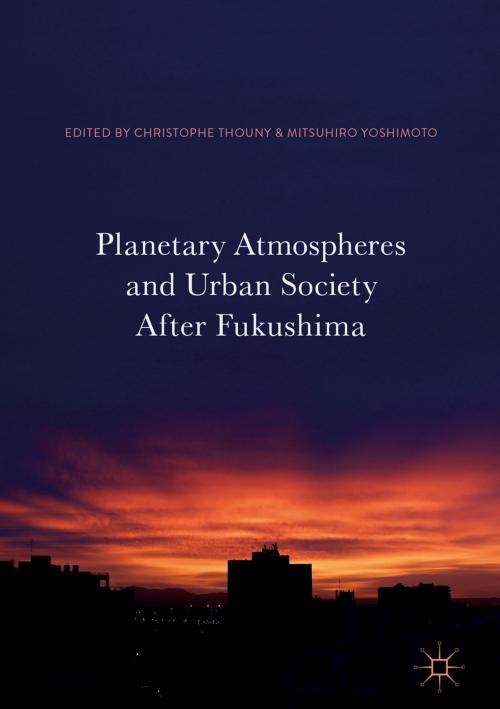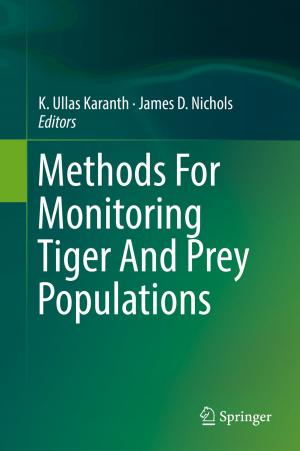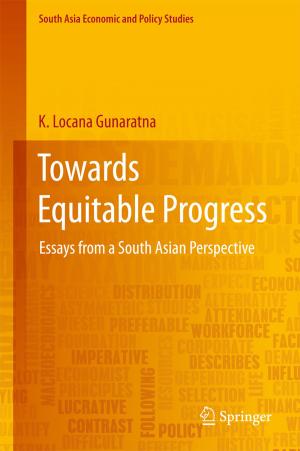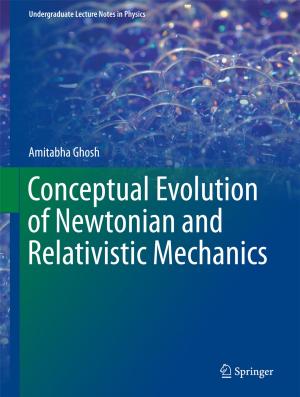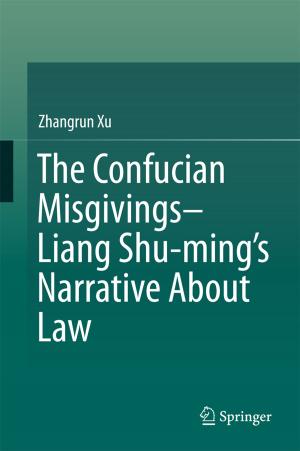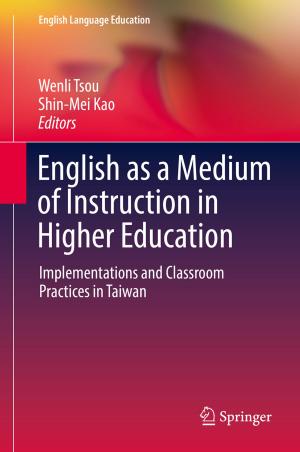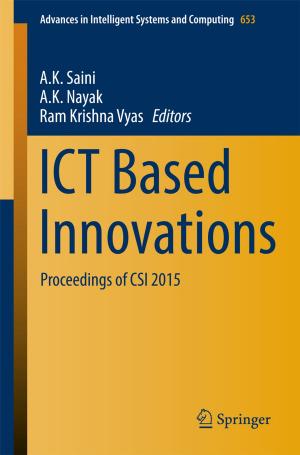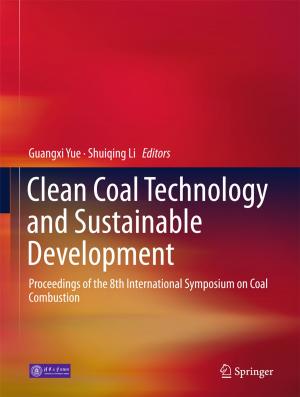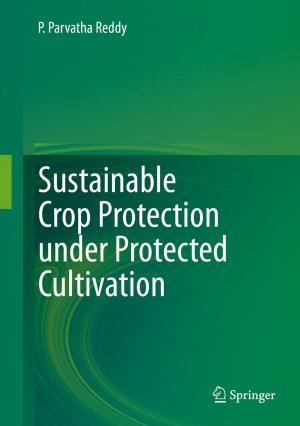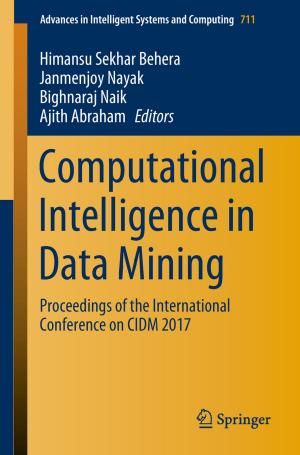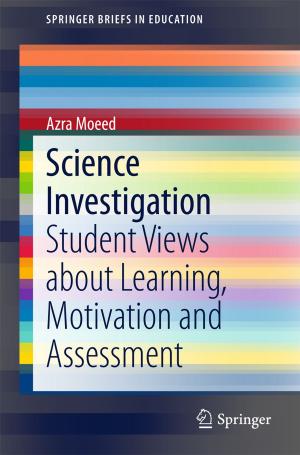Planetary Atmospheres and Urban Society After Fukushima
Nonfiction, Social & Cultural Studies, Social Science, Sociology, Urban| Author: | ISBN: | 9789811020070 | |
| Publisher: | Springer Singapore | Publication: | January 13, 2017 |
| Imprint: | Palgrave Macmillan | Language: | English |
| Author: | |
| ISBN: | 9789811020070 |
| Publisher: | Springer Singapore |
| Publication: | January 13, 2017 |
| Imprint: | Palgrave Macmillan |
| Language: | English |
This collection examines the event of Fukushima in Japan in terms of urban sociology and cultural politics to portray the triple catastrophe of March 2011 as both a planetary event and a dual economic and environmental crisis which indelibly marked Japan and the wider global community. The contributors examine how this new situation has been expressed in particular cultural forms (literature, film), political discourses and urban everyday life in Tokyo and Fukushima, arguing for an imperative need to redefine the national frame of analysis in terms of the concept of the planetary. Building on recent debates in ecocriticism, Planetary Atmospheres and Urban Life After Fukushima deconstructs the spatial logic of containment that reduces the event of Fukushima to a place-bound object to instead reinscribe this event within an open narrative of the planetary. This we believe will allow us to redefine our topologies of attachment to local places beside national discourses of unity, resilience and global strategies of risk management, and open the way to a radical rethink of Japan’s cultural politics of Japan after March 2011.
This collection examines the event of Fukushima in Japan in terms of urban sociology and cultural politics to portray the triple catastrophe of March 2011 as both a planetary event and a dual economic and environmental crisis which indelibly marked Japan and the wider global community. The contributors examine how this new situation has been expressed in particular cultural forms (literature, film), political discourses and urban everyday life in Tokyo and Fukushima, arguing for an imperative need to redefine the national frame of analysis in terms of the concept of the planetary. Building on recent debates in ecocriticism, Planetary Atmospheres and Urban Life After Fukushima deconstructs the spatial logic of containment that reduces the event of Fukushima to a place-bound object to instead reinscribe this event within an open narrative of the planetary. This we believe will allow us to redefine our topologies of attachment to local places beside national discourses of unity, resilience and global strategies of risk management, and open the way to a radical rethink of Japan’s cultural politics of Japan after March 2011.
